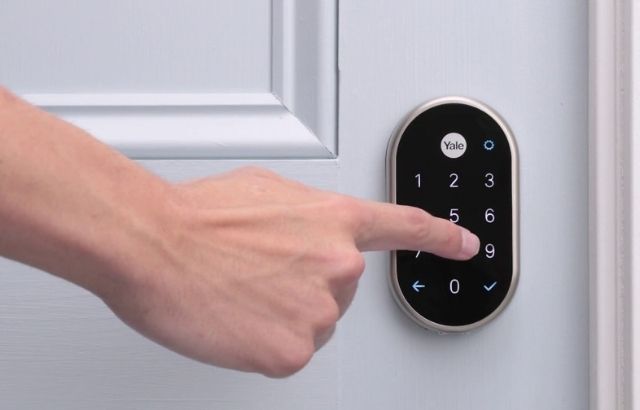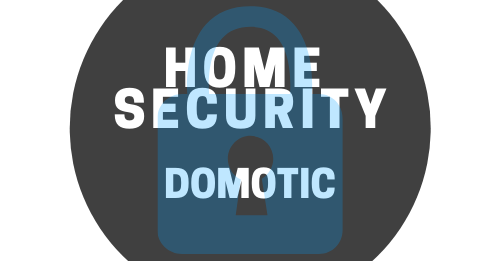Electronic Locks: Advantages & Disadvantages

The world of keys has been changing at a tremendous pace recently, with many innovations taking place. This is clearly justified by the fact that the world of technology is developing significantly, involving all sectors. Just think of a car that used to have little to do with computers and smartphones but now counts several screens and integration with all kinds of devices as standard equipment. The same is true of locks, which are no longer just mechanical devices operated by a key, but have become elements tied to a new computerized reality.
The story begins with electronic locks, perhaps to help you open the front door of your house by pressing a key on the intercom, but it has evolved to include fingerprint readers and numeric keypads.
In this article, we would like to look at the advantages and disadvantages of electronic locks and how to choose one.
Advantages of Electronic Locks
The advantages of electronic locks can be summarized simply: convenience. Electronic locks offer all the convenience related to electricity. Electronic locks can be remotely operated in general, from key-operated ones like intercoms to automatic gates activated by a simple remote control.
In addition, general security is ensured by modern integration with code- and fingerprint-reading systems. These two versions practically make the electronic lock the ultimate security, protecting your home and belongings from any burglary attempt. Although often used in movies, fingerprints are extremely difficult to forge, so no one can steal your fingerprints to get into your home.
Keys cannot be copied. The holder knows how many keys are in circulation.
One key covers all; one key (or one fingerprint) contains access to all doors that need to be opened, eliminating the need to carry many keys.
No security code is displayed. Keys are usually digitally encrypted.
Lost keys are not a problem. Simply remove the access rights to the lost key from the system. If someone tries to use that key illegally, the key will not open.
There is no need to guard the key, because the reality is that nothing can be opened with your key, card, or finger unless the access rights are correctly programmed.
Key access rights can be changed quickly and easily with the management software. Changes are sent to the digital lock.
Digital locks are far superior to mechanical ones, especially in facilities with many doors, such as schools, hospitals, town halls, and community buildings. In these cases, the ability to control access to keys, not having to replace locks when keys are lost, and being able to manage all locks with one key are major advantages.
Disadvantages of Electronic Locks: Do They Exist?
It is challenging to find disadvantages of electronic locks, and repair services for this type of lock are infrequent. Of course, these locks rely heavily on electronic power and, in its absence, cannot be locked. Still, this problem is usually solved with an emergency power supply device that can fill these moments.
Furthermore, when integrating intelligent systems, such as fingerprint readers, there is always the possibility of errors or problems with the software on-site. However, these can always be easily solved with the help of experts in the field. Basically, because of the large number of functions, various problems may occur, but they are not frequent.
Electronic locks, like many other electronic devices, require battery replacement. If you use electronic locks in a vacation home or other location that is not regularly inspected, battery issues should be considered.) Fortunately, most electronic locks are designed to signal when the batteries are low.
Share your thoughts with us in the comments below!

1 thought on “Electronic Locks: Advantages & Disadvantages”